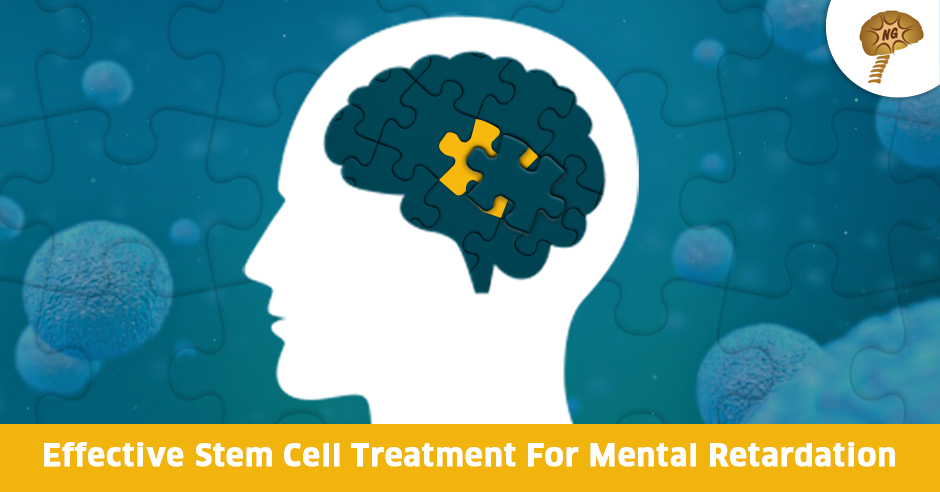
Intellectual disability is a common neurodevelopment disorder. The signs of this problem are seen among young growing children and problem is very clear when the patient comes to his or her adolescence. It is the condition where the brain does not develop to its full potential as it does in normal kids. Thus, the affected child faces various behavioral and physical problems. There are several types of Intellectual disability seen in children. It can be mild Intellectual disability, moderate Intellectual disability, severe Intellectual disability and profound Intellectual disability. Millions of children suffer from this condition and are unable to cope with it. Their IQ levels are different, and those with profound Intellectual disability cannot understand anything or comply with any instruction. They cannot even care for their own needs.
Importance of Intellectual Disability Treatment
The primary goal of the treatment is to develop the individual’s potential to the fullest capacity. Special training and education are essential as the child can grow in the right direction provided he or she is given the right treatment at the right time. Social skills help the person to function normally. When Intellectual disability treatment begins, the doctors can also evaluate any other disorder so that they can also treat it. Behavioral approaches are also quite significant when it comes to Intellectual disability.
Stem Cell Treatment
Stem cell therapy provides the right benefits to the child suffering from Intellectual disability and is a simple procedure so that the patient does not have to stay long or go through any painful procedure. At NeuroGen Brain and Spine Institute, Mumbai, they have come up with a better treatment with stem cells. Besides treating Intellectual disability, the stem cells can also treat several other conditions that are severe in nature.
At the institute, the patient gets right medical supervision and expert guidance for the faster growth in the mental and physical wellbeing. Here, improvements are seen in areas of cognition, communication, self-care, toilet training, home living, and more. Depending on the condition and the capabilities of the child to grasp things surrounding him, treatment and therapies are recommended. After the stem cell treatment, a vigorous rehabilitation therapy program is carried out where other treatment options are provided, such as child’s education, behavior therapy, psychodynamic therapy, family education, and more. Individual attention is also given to each patient since the needs and conditions of all patients are different. The gap that exists between a patient with low IQ and a person with normal IQ can be reduced as much as possible. Improvements are seen after a few days of stem cell therapy and rehabilitation program at NGBSI.








